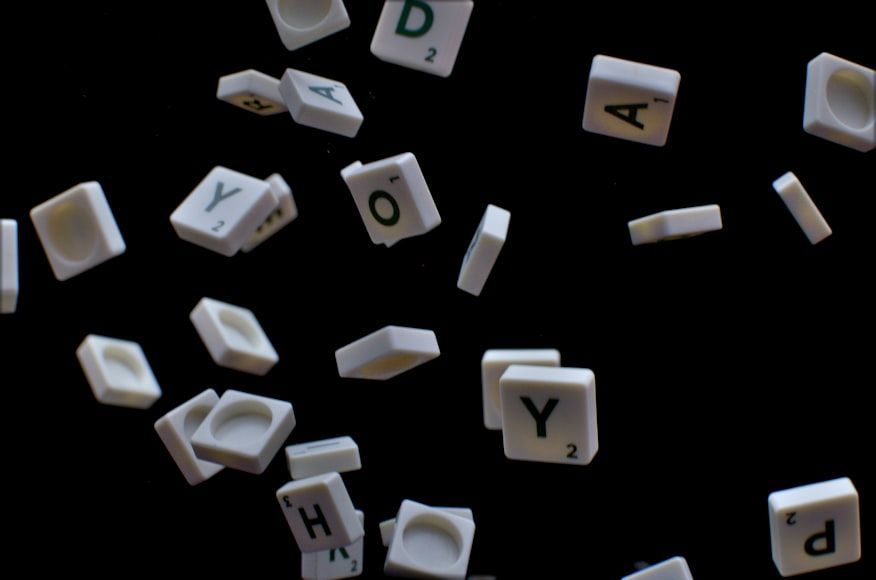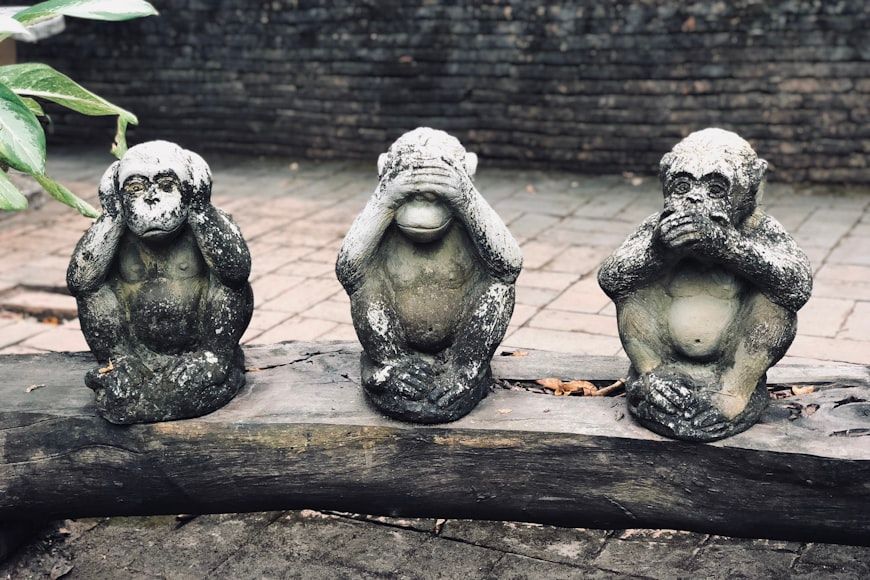Do you use any of these often?
Very few manage to spell these 12 words correctly: What about you?
Published on October 24, 2025
 Credit: Markus Winkler
Credit: Markus Winkler
As great as it is, the English language can be tricky. If all of its words were easy to spell, there would be no spelling bee contests. But they do exist. The downside of having words for almost everything is that the level of complexity usually grows as the word becomes more specific. Take a look at the following 12. Do you use any of these?
Autochthonous
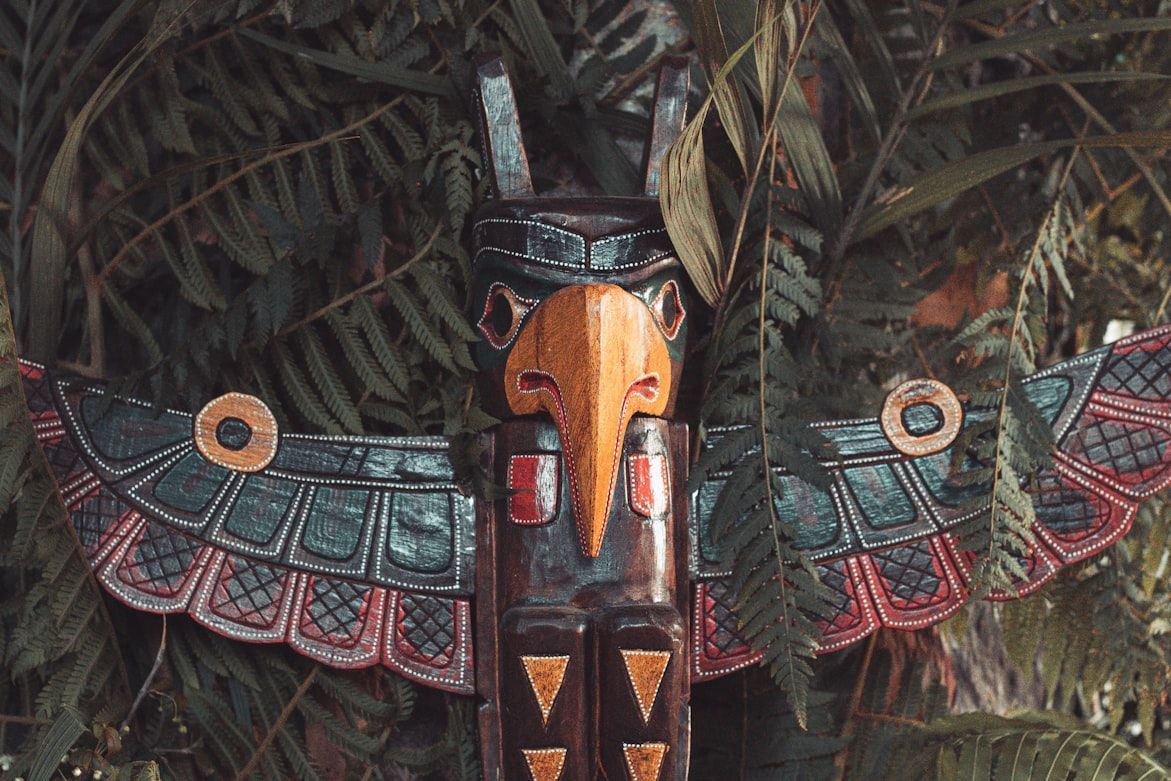 Credit: Stéfano Girardelli
Credit: Stéfano Girardelli
This tricky word means "indigenous" or "native" and often trips people up. Its Greek origin, length, and three "th" sounds make it a tough one in spelling bees.
A good idea for children looking to master complicated words is to get familiar with Greek-derived words and their patterns, such as "auto," meaning self.
Succedaneum
 Credit: Towfiqu barbhuiya
Credit: Towfiqu barbhuiya
A tricky medical term used to define a drug replacement, this word throws spellers off with its double "c" and odd suffix. Remembering the root "succeed" can help with the start.
As not all double letters are pronounced differently from single ones, this is one of the biggest challenges anyone at a spelling bee contest faces.
Cymotrichous
 Credit: Element5 Digital
Credit: Element5 Digital
"Cymotrichous" is a rare word that means wavy-haired and comes from the Greek language.
The spelling bee aficionado should remember that the first part, "cymo", means wave, and the second part, "trichous," means hair.
Floccinaucinihilipilification
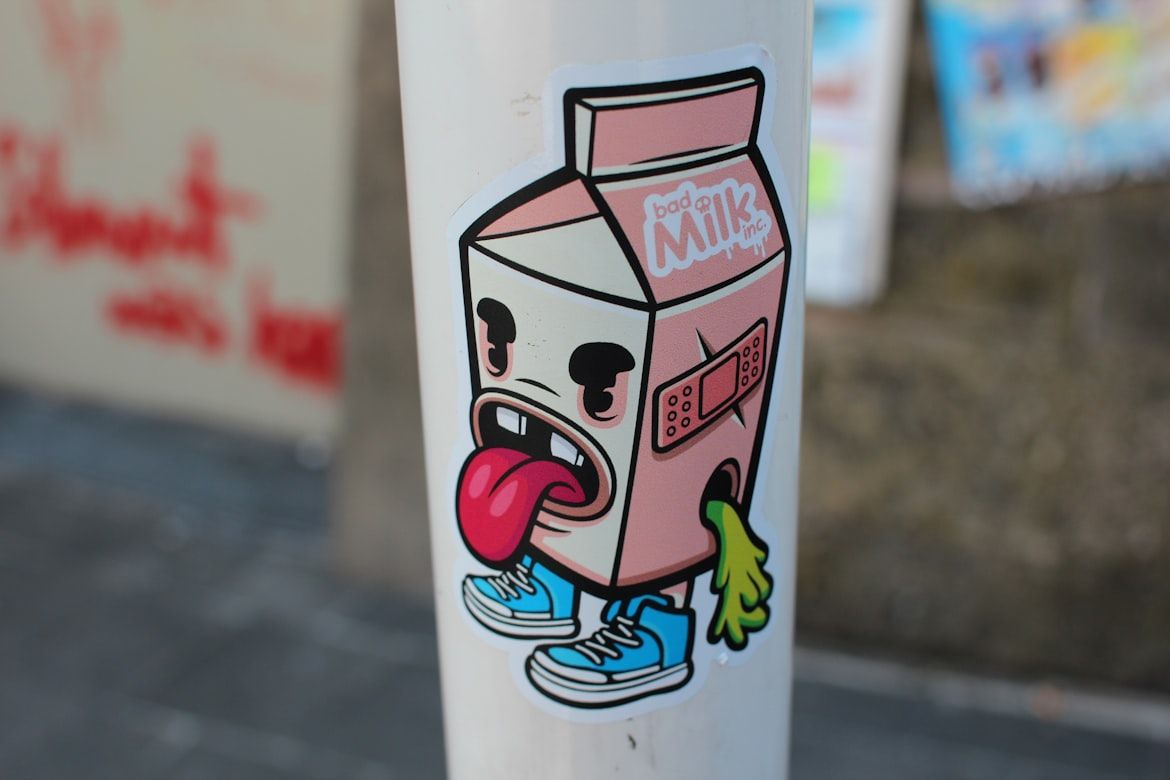 Credit: Tania Malréchauffé
Credit: Tania Malréchauffé
This incredibly complicated word, one of the longest in the English language, means describing something as worthless. It often stumps spellers with its length and complexity.
To tackle it successfully, break it into smaller parts and take it syllable by syllable.
Otorhinolaryngologist
 Credit: Online Marketing
Credit: Online Marketing
This long word refers to an ear, nose, and throat specialist. Its Greek roots and length make it tough to spell.
A spelling aficionado should break it into parts like "oto," "rhino," "laryngo," and "logist" to make it easier.
Hemidemisemiquaver
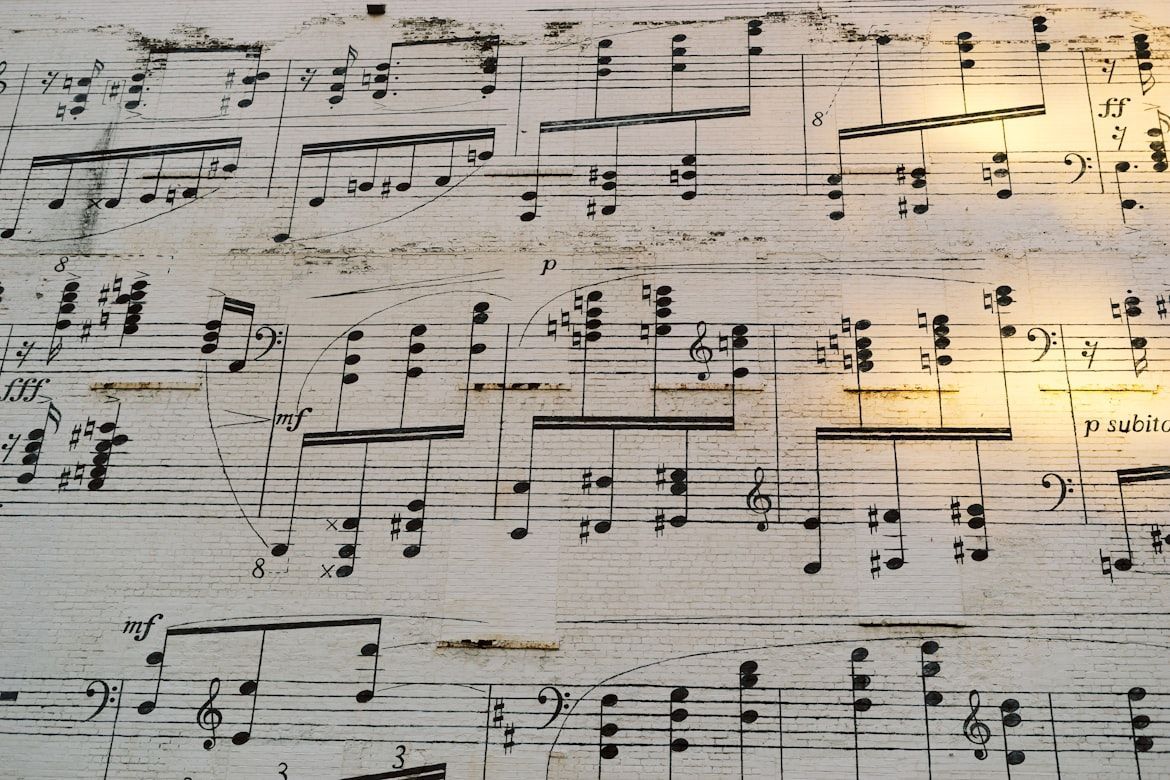 Credit: weston m
Credit: weston m
This word describes a musical term. It is a sixty-fourth note and is tough due to its length and structure.
To make it easier on themselves, spelling bee contestants should break it into parts: "hemi," "demi," and "semi."
Asceticism
 Credit: joan m
Credit: joan m
Asceticism means avoiding indulgences or temptations, often for religious reasons. It’s about living simply and with discipline.
While not as long as some of the previous examples, this word can be tricky due to the "sc" at the start and the use of "s" and "c" within different syllables of the word.
Crustaceology
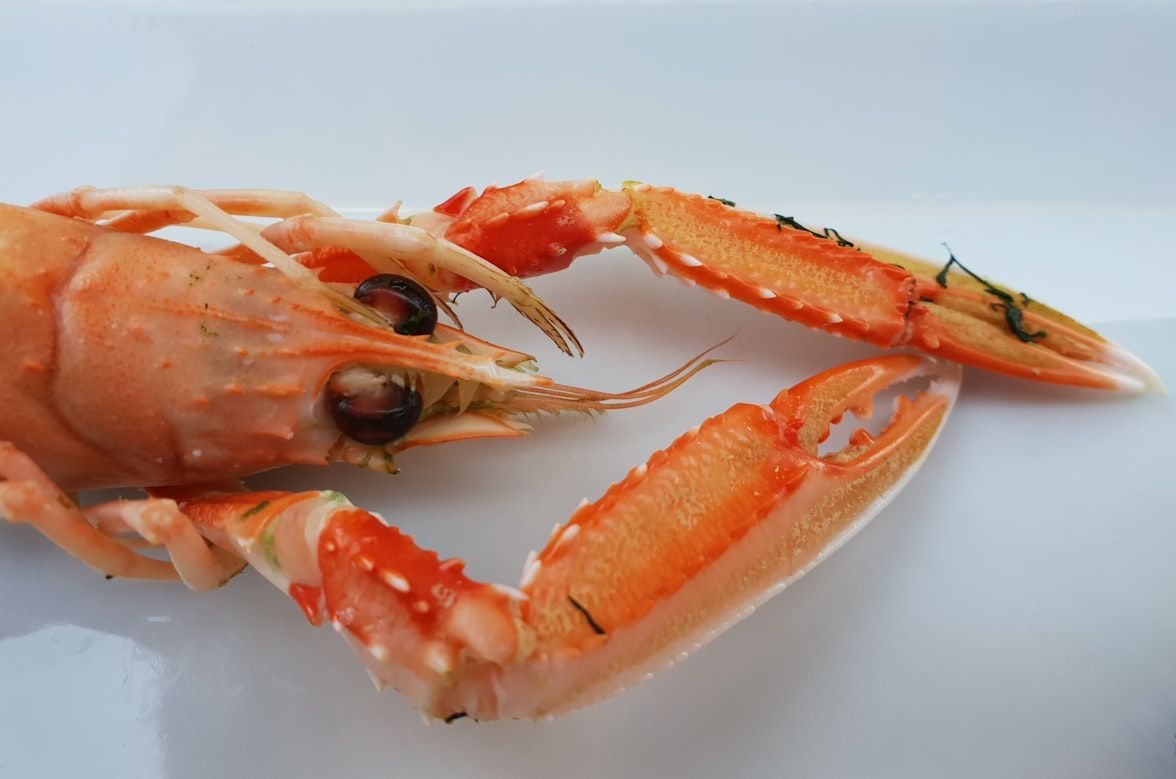 Credit: Helle Gade
Credit: Helle Gade
Crustaceology is the study of crustaceans like crabs and shrimp. It’s a branch of marine biology.
As with many of the examples above, the spelling difficulty of this word is given by the fact that it is very seldom used, unless you are a specialist in the matter.
Hydrophyte
 Credit: George Johnson
Credit: George Johnson
The word hydrophyte refers to a plant that grows in or on water. These plants thrive in aquatic environments.
The complexity of its spelling lies in the two "y" and two "h" letters, which should be placed correctly by the spellers.
Paraphernalia
 Credit: Vitor Monthay
Credit: Vitor Monthay
This word is used to describe the specific items needed for an activity. It’s often misspelled because of how people pronounce it.
This common mistake happens when it is pronounced "para-fa-NEEL-ia," dropping the second "r" and changing the vowel sounds. Spellers should pay attention to this to avoid the same mistake.
Worcestershire
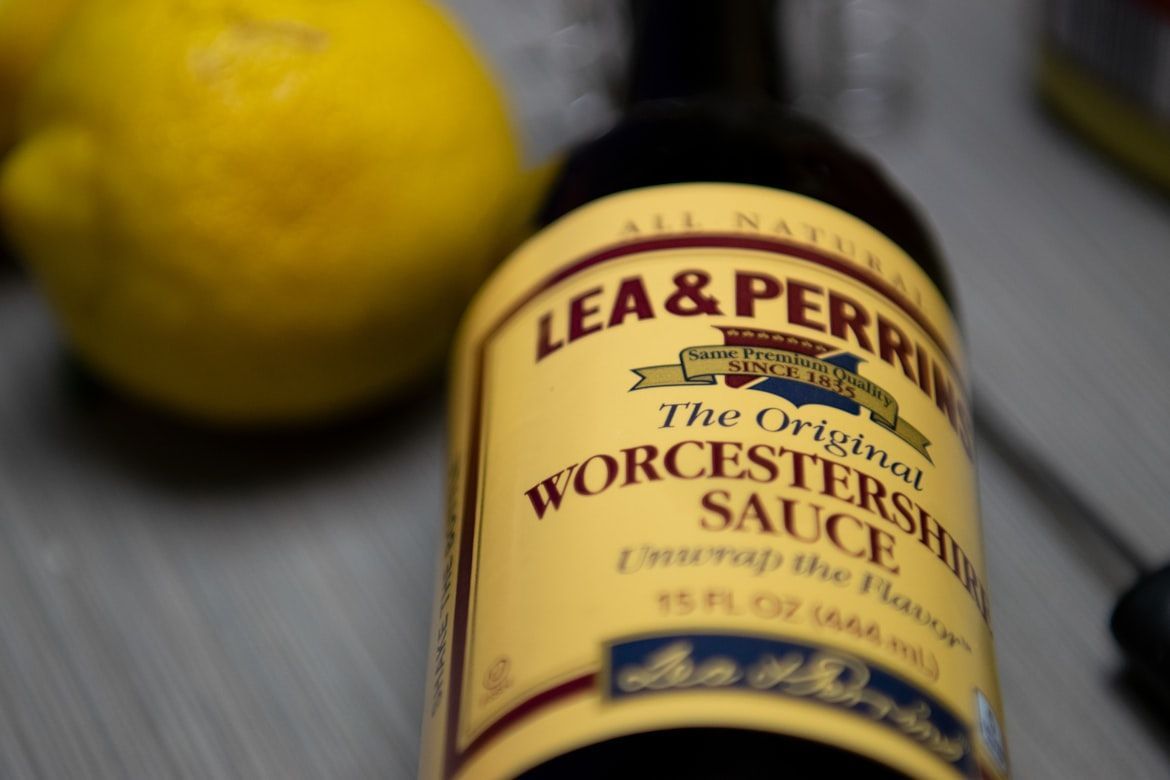 Credit: Kelsey Todd
Credit: Kelsey Todd
This word can refer either to a county in England or a tangy sauce made with vinegar, sugar, and spices.
It’s tricky because it’s pronounced "wu-stur-shr," which doesn’t really match its long spelling. Anyone attempting to spell it correctly should pay attention to its complex lettering.
Hippopotomonstrosesquippedaliophobia
 Credit: Amador Loureiro
Credit: Amador Loureiro
This ridiculously complex word is an apt closer to our list, since it describes the fear of long words. And, while probably no spelling bee contestant has this kind of fear, he or she would probably have a hard time spelling this one.
This word has 36 letters in total. Among them, 6 "p", 7 "o", and 2 "h". How’s that for a spelling bee word?
